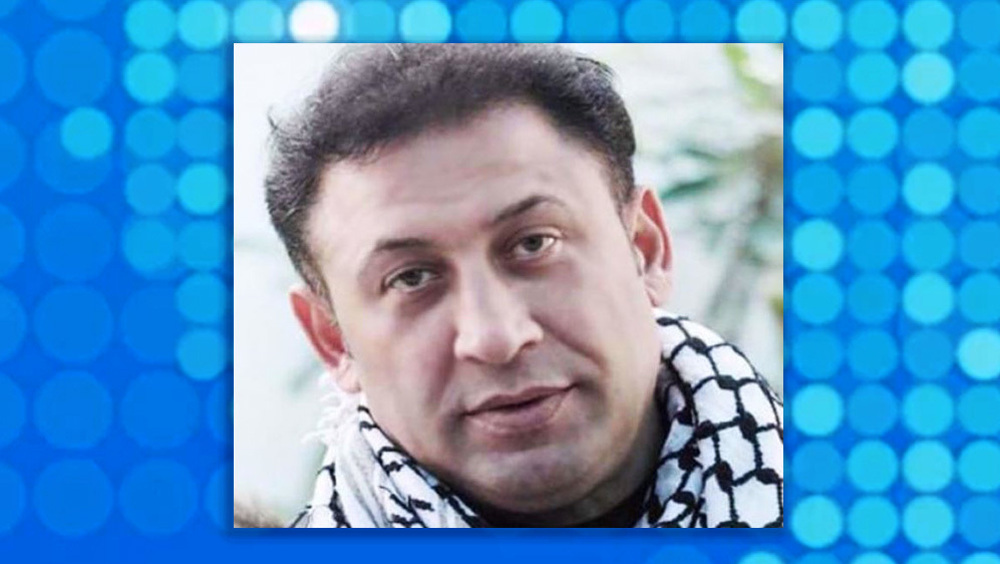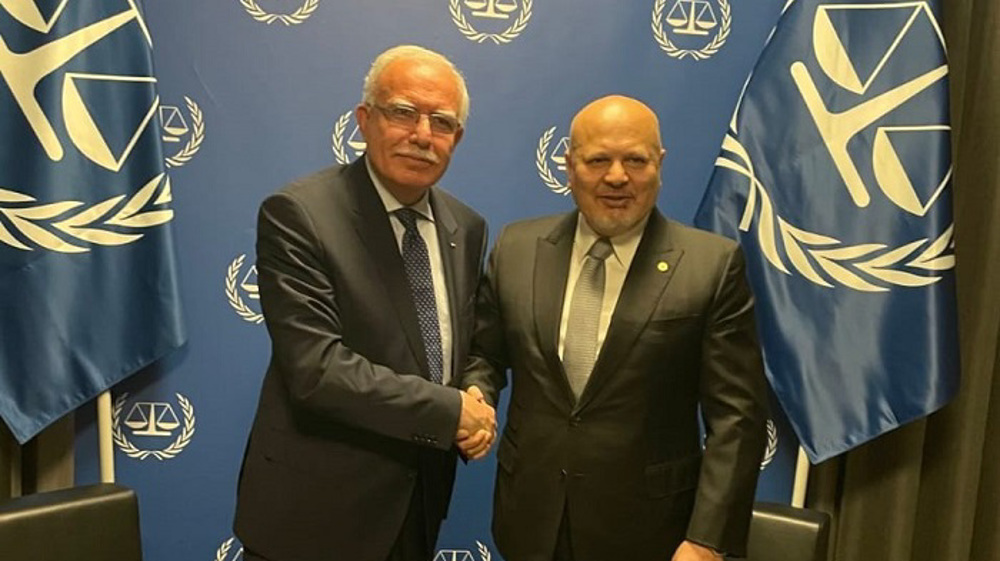Cancer-stricken inmate’s health deteriorating, Palestinian Prisoners’ Society says
The Palestinian Prisoners' Society (PPS) says the health condition of the cancer-stricken prisoner Musa Sufan has been rapidly deteriorating due to negligence by Israeli authorities of his situation.
The PPS said Sufan was wrestling with death as the Israeli prison service (IPS) continues to refuse to provide him with necessary medical care.
Sufan, who is diagnosed with a cancerous tumor in the lung, was supposed to complete his biologic treatment by the end of 2022, but Israeli authorities have denied him the necessary treatment, the PPS said. Sufan suffers from severe cough as he is only getting painkillers which negatively affected his body, it said.
Sufan has been detained since 2003. He is serving a life sentence. He had been placed in solitary confinement several times and had been on hunger strike in protest at the Israeli policy of medical neglect.
Sufan's family has appealed to all concerned international bodies to take urgent and effective action to save his life.
There are reportedly more than 7,000 Palestinians incarcerated in Israeli jails. Human rights organizations say Israel violates all the rights and freedoms granted to prisoners by the Fourth Geneva Convention. Many of prisoners have been jailed in line with the occupying regime's "administrative detention" policy, which allows it to incarcerate inmates without any charge or trial. Israeli jail authorities keep Palestinian prisoners under deplorable conditions without proper hygienic standards. Palestinian inmates have also been subject to systematic torture, harassment, and repression.
In September last year, the PPS said 73 prisoners had died from medical negligence in Israeli jails. It said some 600 Palestinians doing time in Israeli prisons have been diagnosed over the past years with serious illnesses, including about 200 suffering from chronic diseases. Among them there are 23 prisoners with tumors and cancer of various degrees, the most serious is Nasser Abu Hamid, who is at risk of death at any moment.
The PPS accused Israel of intentionally stalling the transfer of ill prisoners, mainly those diagnosed with cancer, to hospitals in order to speed up their death, adding that many cancer patients were not informed of their condition until cancer had reached an advanced and deadly stage.
Panama rejects talks with US over canal control
HTS rulers name al-Qaeda operative as Syria's new spy chief
Iran voices concern about rising insecurity, violence in Syria
VIDEO | Karachi sit-in amplifies nationwide call for justice for Parachinar victims
Iran strongly condemns Israeli bombing of Yemen's civilian infrastructure
VIDEO | Press TV's news headlines
VIDEO | Israel and Iran’s Nuclear Facilities?
At least three killed as Israel bombs Sana'a airport, power plant





















 This makes it easy to access the Press TV website
This makes it easy to access the Press TV website